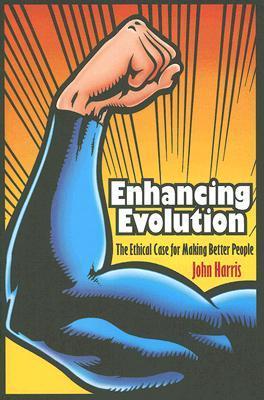What do you think?
Rate this book


264 pages, Hardcover
First published January 1, 2007
"Act only according to that maxim whereby you can at the same time will that it should become a universal law."Harris seemingly alludes to it when arguing in favor of support for scientific research in the last chapter, but he doesn't mention it when discussing the morality of producing defective offspring. He seems to frame that debate as if only the welfare of the affected individual matters. Kant's notion of universality matters too. Consider, what would happen if all children were born blind, deaf, and with Down syndrome? Who would provide the costly and technologically sophisticated care for them, as the existing population of "normals" ages and dies out? Could civilization even survive?